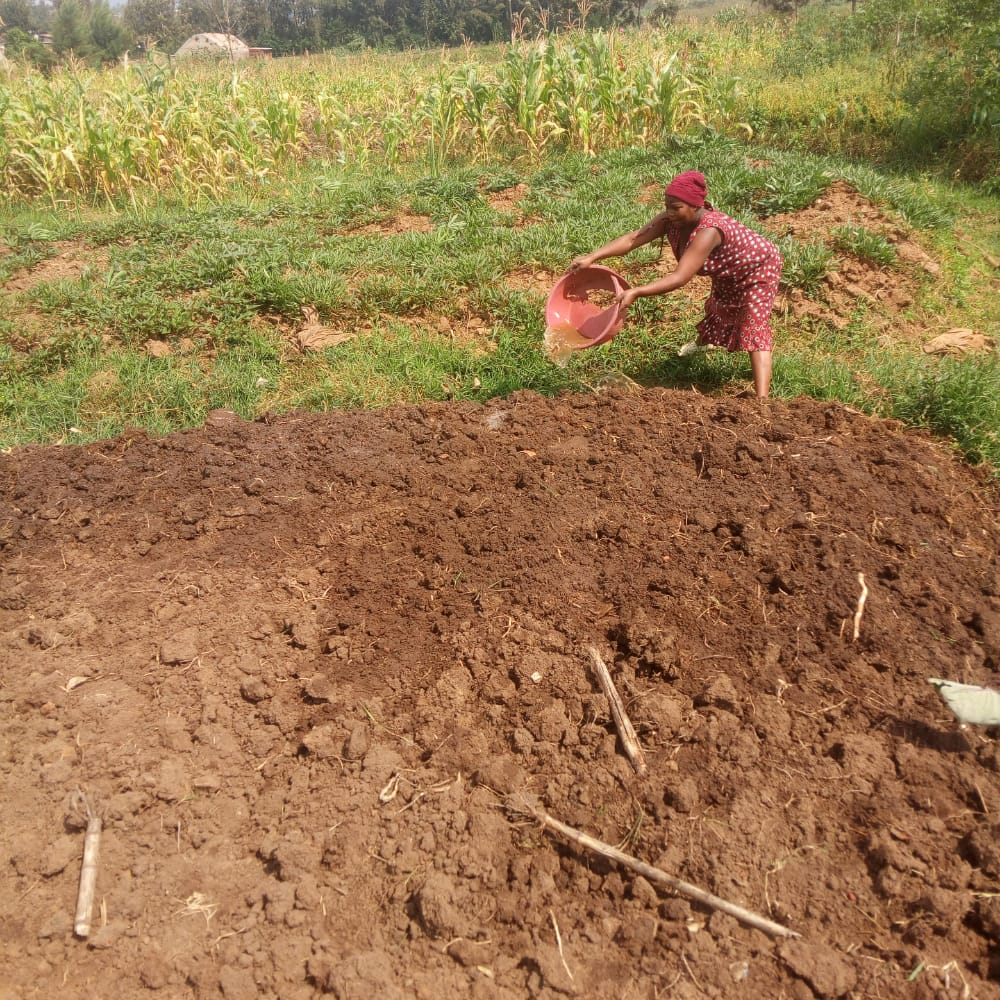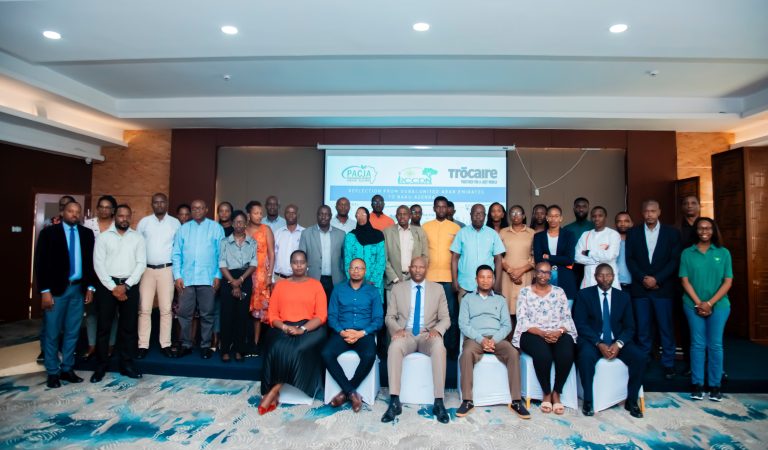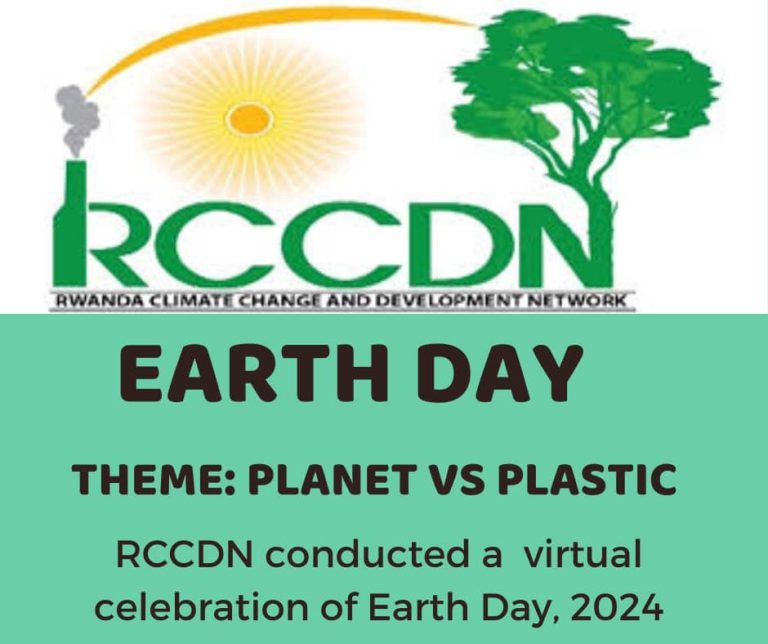Rwanda gets more of its production from agriculture as the 2023 NISR report shows, which significantly contributes to the country’s Gross Domestic Product (GDP). However, climate change is a threat to that sector and so, RCCDN is playing a part in putting an end to such a concerning matter through advocacy and capacity building.
The agricultural sector in Rwanda; commonly known as the Land of a Thousand Hills, employs over 60% of the population and contributes, as the National Institute of Statistics of Rwanda showcased in 2023. However, the farmers often face climate change as an emerging issue that usually leads to a decrease in their harvest. The Rwanda Climate Change and Development Network (RCCDN) is at the forefront of efforts to empower farmers and ensure food security in the face of this evolving threat through its advisory support, capacity building, and helping them adapt to the situation with the best approach towards the long-term solutions.
According to the 2023 REMA’s (Rwanda Environment Management Authority) research; Erratic rainfall patterns, rising temperatures, and extreme weather events like droughts and floods are the ones to disrupt Rwanda’s agricultural cycle. These changes can devastate crops, reduce yields, and threaten food security for millions. This is leading to low crop production which ends in starvation.
Dr. Abias Maniragaba, an expert in the environment domain and a researcher at RCCDN, confirms that the increase in human activities, petroleum products when burned, and organic matter which pollutes the soil, are mostly causing climate change in Rwanda. Climate change is an indicator of certain seasonal changes, and vice versa, the changing of seasons highlights the climate changes as well.
He continues by saying that, agriculture is also causing climate change. For instance, when people try to get the soil for cultivation, they cut down trees which is not favourable. Also, the method of cultivation by digging deep to reach the underground soil or bringing out some minerals from deep down leads to soil infertility. Slashing and burning bushes to get the land for cultivation; never allows the grasses to grow as good as the previous ones.
Overpopulation is another concerning matter, where people are trying to find where to live and cultivate. They have small land but want high productivity which ends in using chemical fertilizers. The more they get used to fertilizers, the more of them will be needed since fertilizers are normally that toxic. When it rains, the soil gets taken away by erosion and those chemicals fall into the rivers and contaminate the water. Therefore, the organisms living there are also destroyed. When it dies, it releases methane gas into the atmosphere. So, climate change seems to be the cycle of all those.
Modern agriculture has brought many insects that were never had before. To prevent them from harming the crops, farmers use insecticides to kill them, and this automatically is an air pollutant. Regarding some calls to action include; using the land responsibly, awareness creation and mobilizing people to plant more trees instead of cutting down them, environmental conservation and practising non-harmful agriculture.
Coming to ways forward to eradicate the issue, Dr Abias Maniragaba revealed that climate change will not end completely, but the most important things to know are the mechanisms to live with climate issues and how to prevent its increases. He argues everyone to avoid the emission of harmful gasses into the air and plant forests to provide fresh air.
Through Building Resilience, the RCCDN is working closely with their organization members who often deal with Rwandan farmers, with an agroecology strategy to build resilience and adapt by equipping them with the knowledge, tools, and resources that enable them to implement planned crop cultivation and improve land use management.
Climate change is a complex challenge, but Rwandan farmers are not the ones to surrender. Weather change and climate variability may not easily be controlled, but dealing with their effects is doable and manageable as long as the best practices and approaches can be implemented.
Written with the help of Internees:
Modeste UKWISHAKA
Jean MUNYANKINDI




